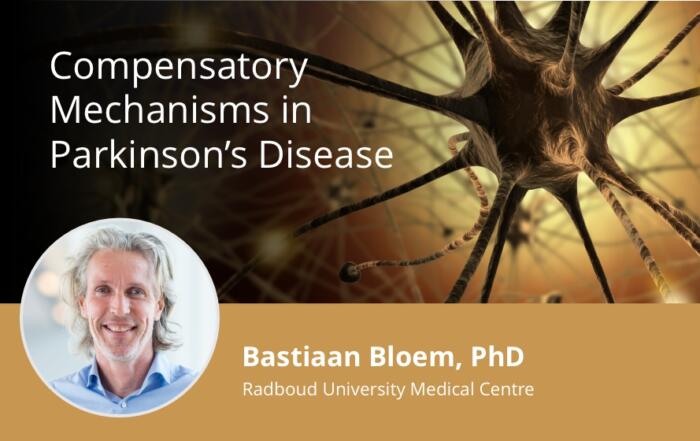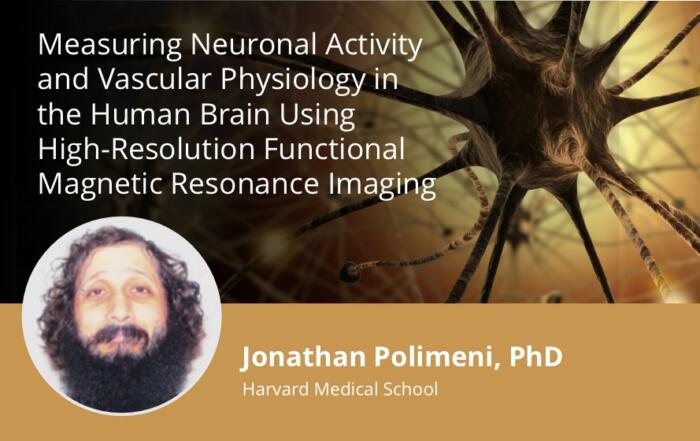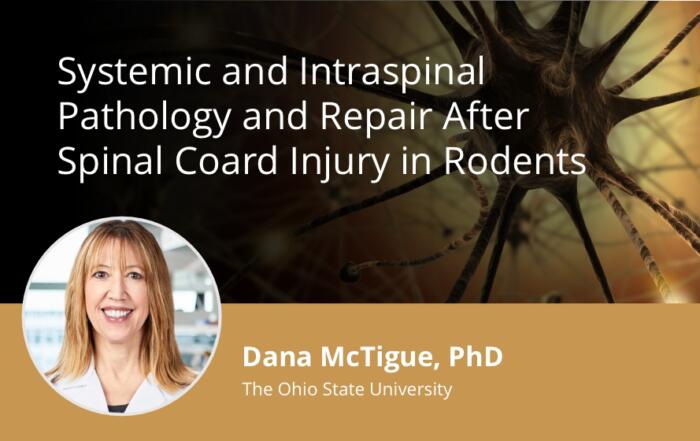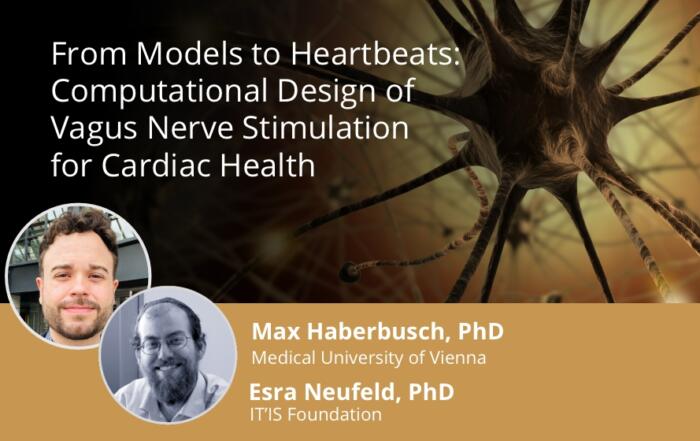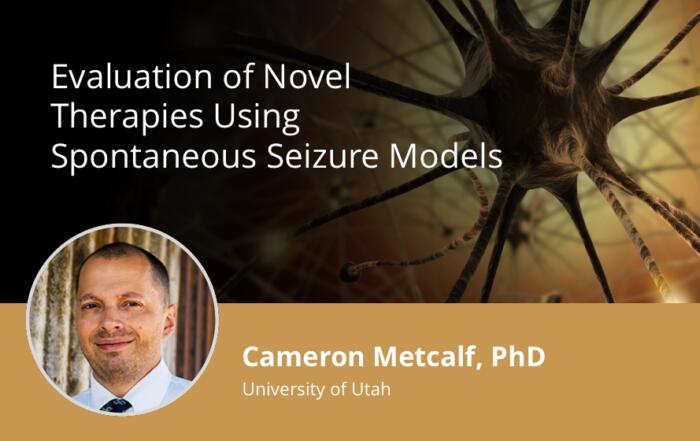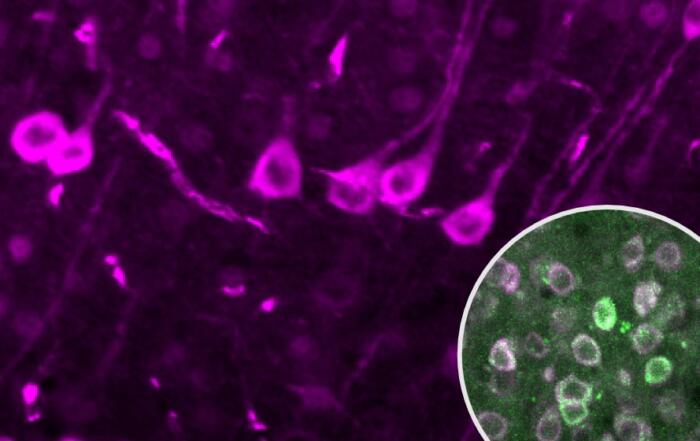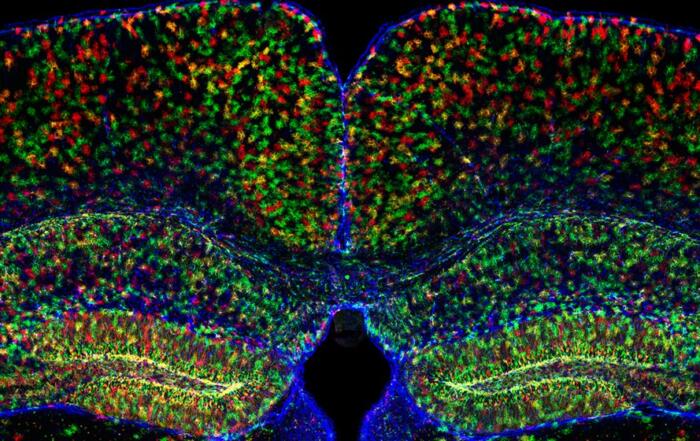Watch Nisha Charkoudian, PhD for the first event in the 2023 Neurophysiology Series as she summarizes the integrative physiology of responses to exercise-heat stress and discusses implications for athletes and the military.
The autonomic nervous system has important roles in the regulation of body temperature and blood pressure in humans. The integration of these responses becomes even more complex when a person begins to exercise and/or is exposed to high environmental temperatures (exercise-heat stress). The common experience of feeling lightheaded or dizzy in the heat is an example of the challenges this poses to physiological regulation. Interestingly, female reproductive hormones have significant influences on autonomic regulatory pathways that control both body temperature and blood pressure. Although much work remains to be done in these areas, there appear to be some advantages for women in terms of adaptive responses to heat stress, whereas in other areas men may have advantages over women.
Key Topics Include:
- The autonomic nervous system is an important integrator of responses to regulate body temperature and blood pressure in humans
- In women, reproductive hormones (estradiol and progesterone) can alter thermoregulatory and cardiovascular responses during exercise-heat stress
- Differences between men and women in thermoregulation in the heat do not appear to result in differences between the sexes in risk of heat illness, particularly in a military context
Presenters
Division Chief
Thermal & Mountain Medicine Division
US Army Research Institute of Environmental Medicine





